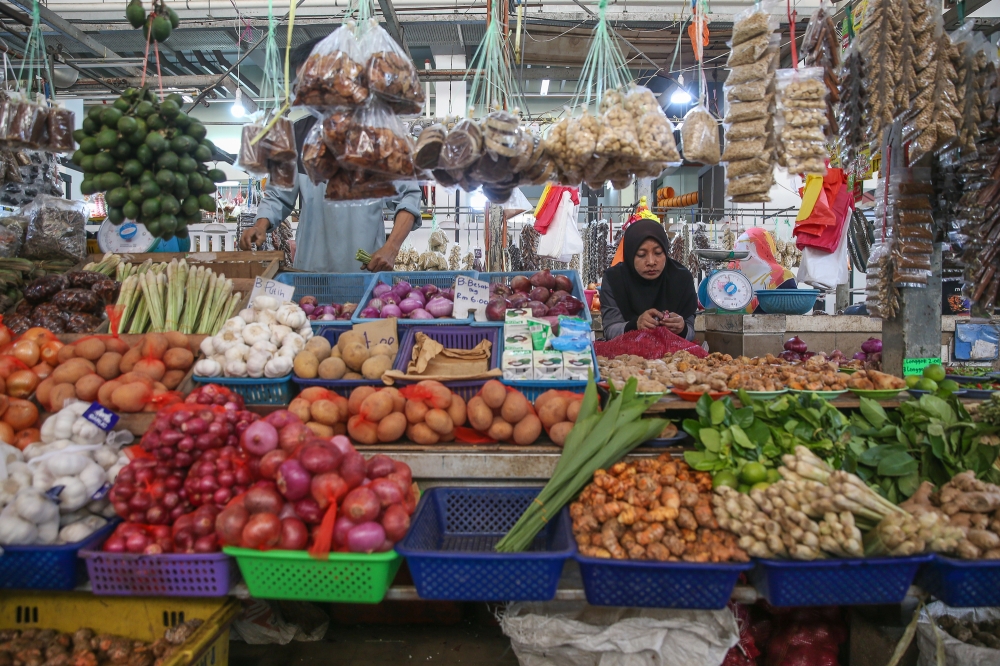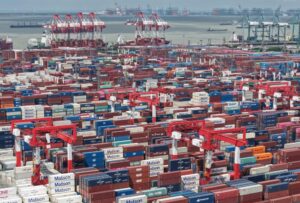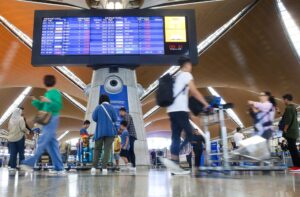KUALA LUMPUR, Aug 20 — The Finance Ministry (MOF) said the Sales and Service Tax (SST) covers a larger number of exempted or zero-rated items compared to the former Goods and Services Tax (GST).
In a Parliamentary written reply, it explained that 1,826 items are exempted under the SST, more than triple the 607 items that were tax-free under GST before it was abolished in 2018.
“The items exempted under both SST and GST include a wide range of essential goods commonly used by the public,” the ministry wrote.
“These cover unprocessed food such as chicken, beef, mutton, fish, vegetables, local fruits and rice, as well as processed food including flour, sugar, salt, white bread, milk and palm cooking oil. Medicines and medical devices are also exempted, along with reading materials.”
It was responding to Segamat MP Yuneswaran Ramaraj, who sought clarification on the number of items exempted from tax under SST in comparison to GST.
It then said the livestock feed, basic construction materials, fertilisers, pesticides and agricultural or livestock machinery will not be subject to SST.
The ministry also explained that the service tax will apply to about 70 per cent of services in the economy, compared to 76 per cent under GST, based on the Malaysia Standard Industrial Classification Codes.
It said that several basic services will continue to remain exempted from service tax which include land and sea passenger transport such as school buses, express buses, LRT, trains and ferries, as well as air passenger transport under the Rural Air Services in Sabah and Sarawak.
“Other services such as prepaid telecommunications, food and beverage delivery through e-commerce, residential rental, residential maintenance and cleaning, water supply and electricity below 600 kilowatt-hours for households will not be taxed,” it said.
It added that measures have been put in place to minimise double taxation and reduce living costs, while still promoting sustainable economic growth.
According to the ministry, the larger list of exempted items and the smaller scope of taxable services under SST compared to GST reflect the government’s concern for the welfare of Malaysians.
“This approach demonstrates the government’s commitment to safeguarding public well-being while strengthening fiscal sustainability, in line with the principles of the Madani Economy framework,” it said.






